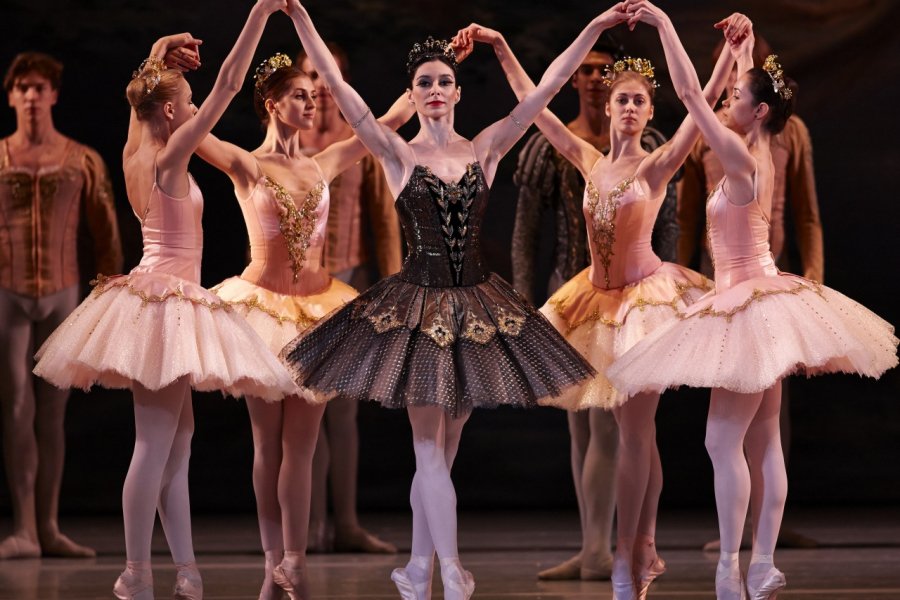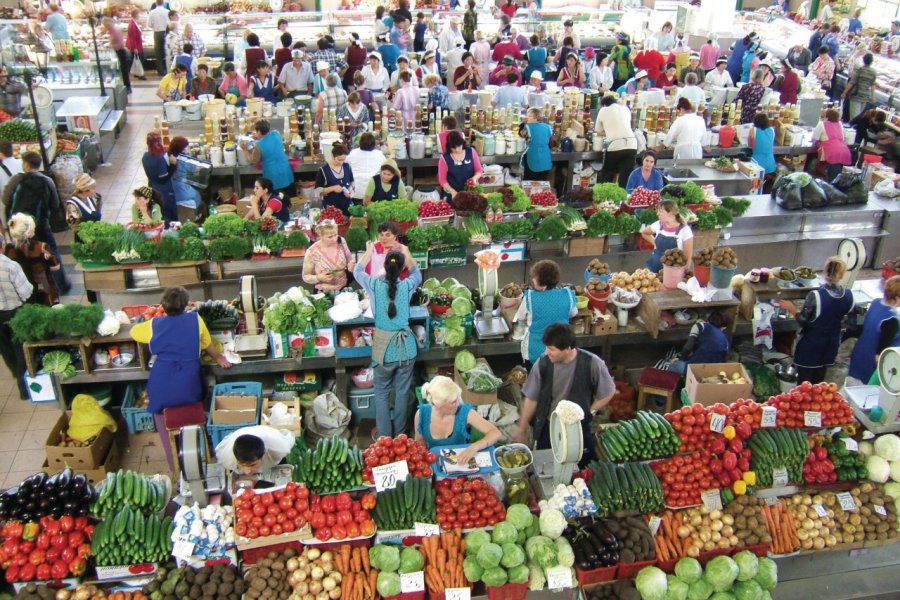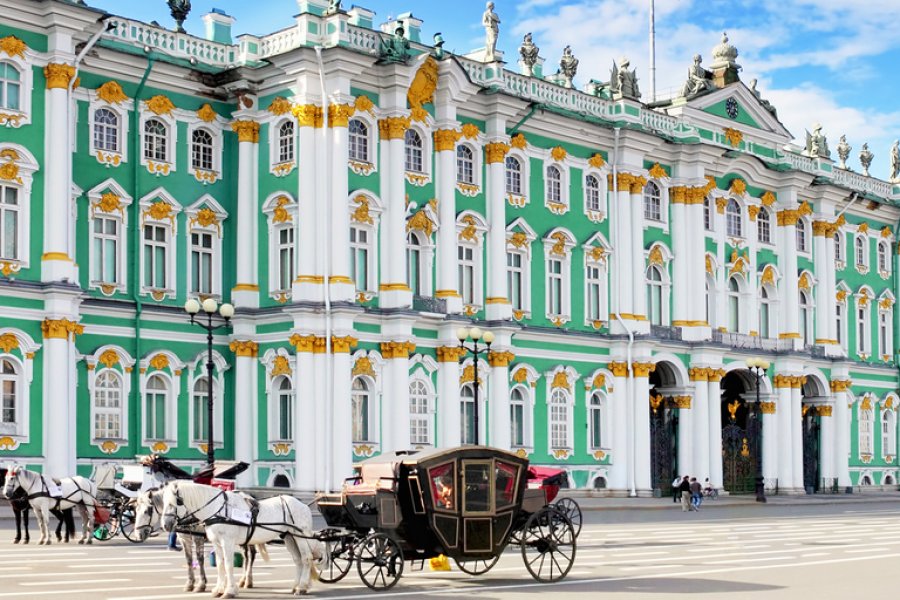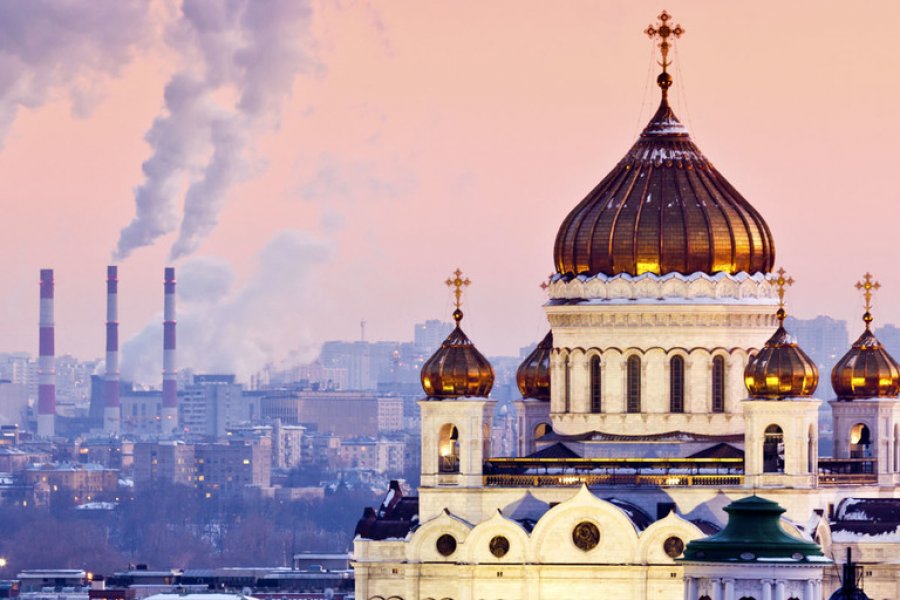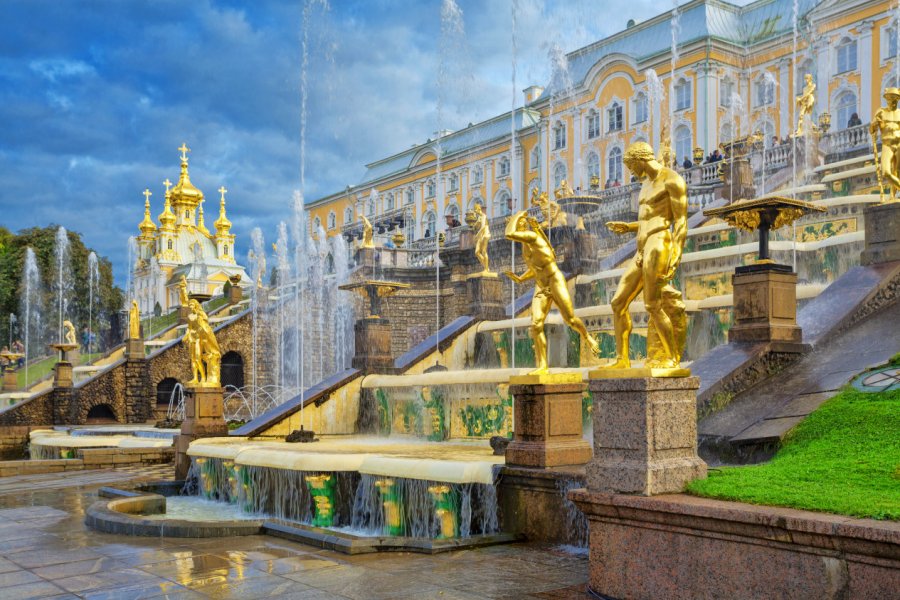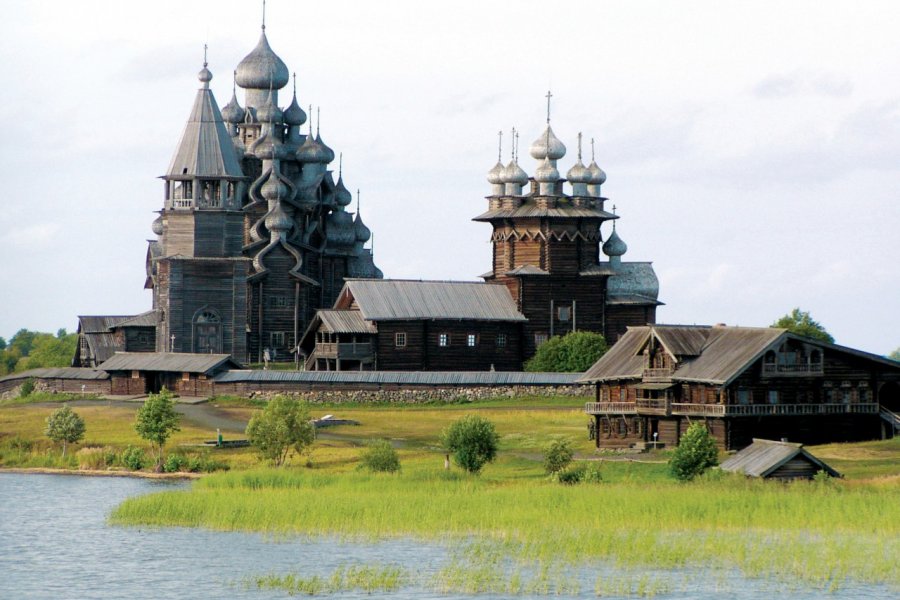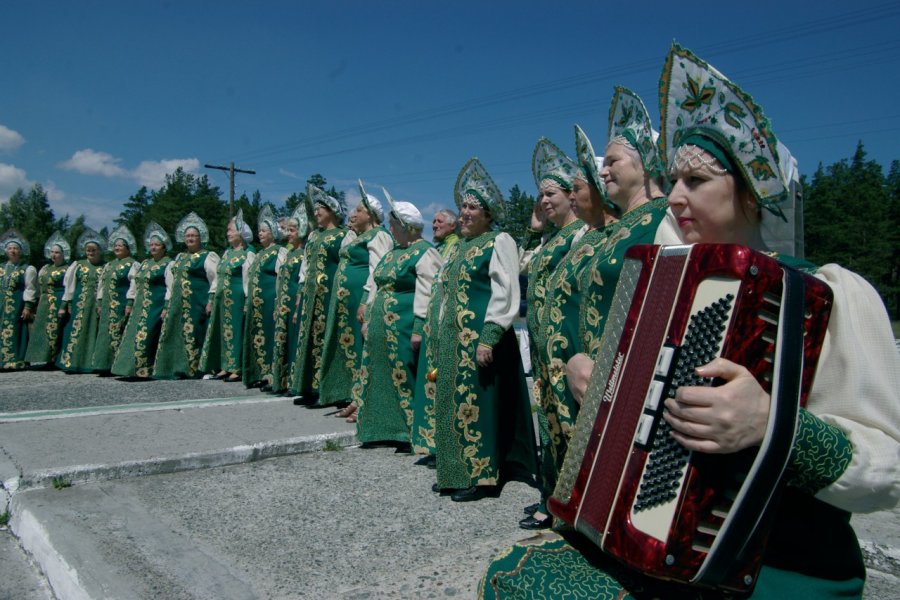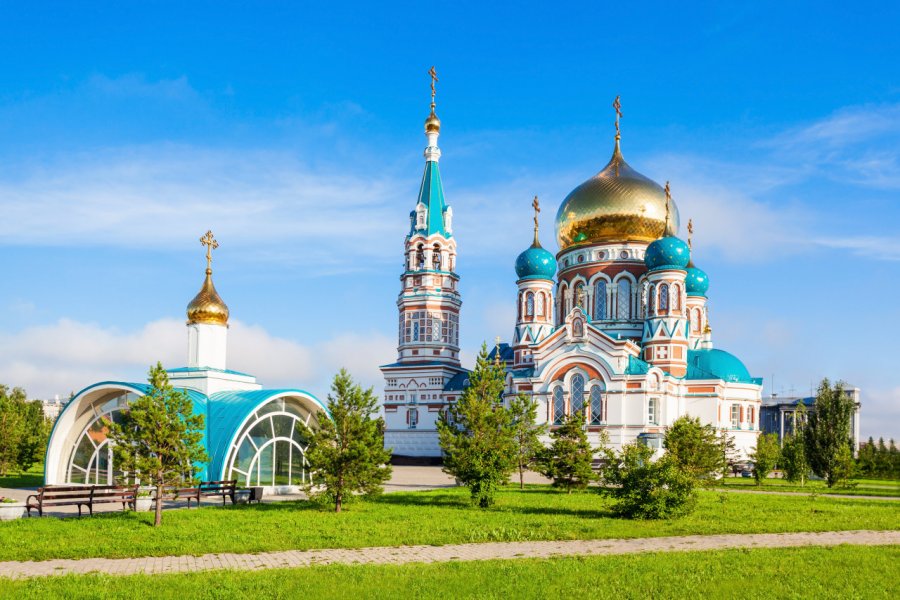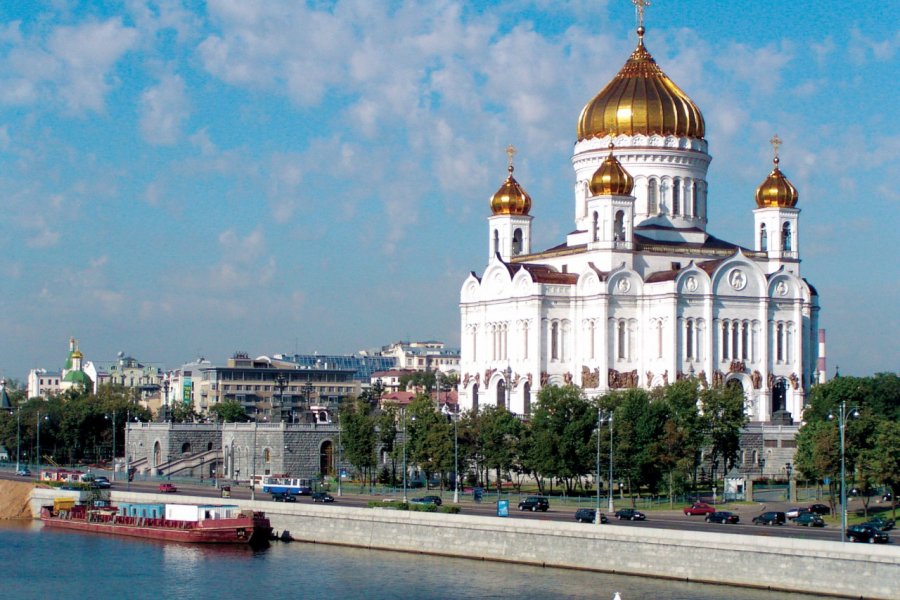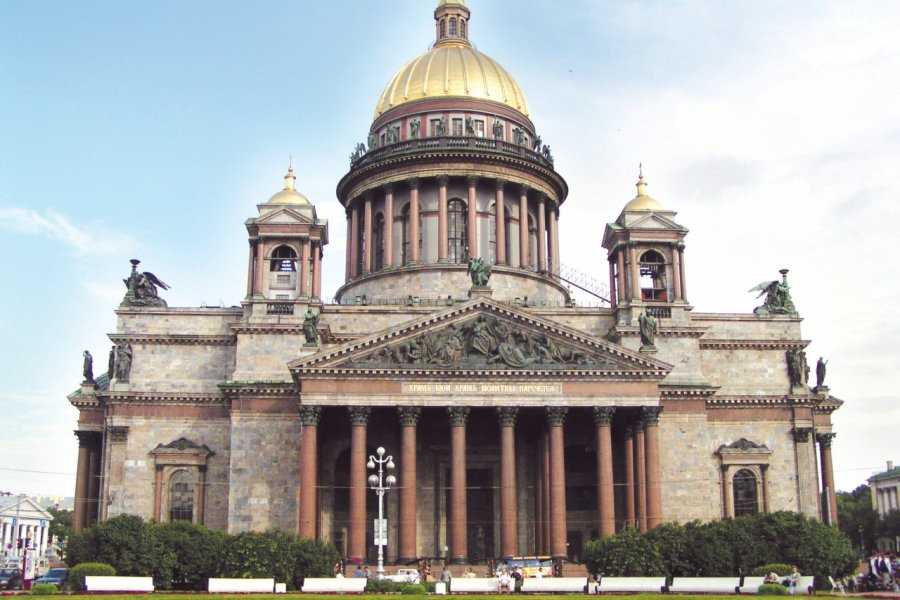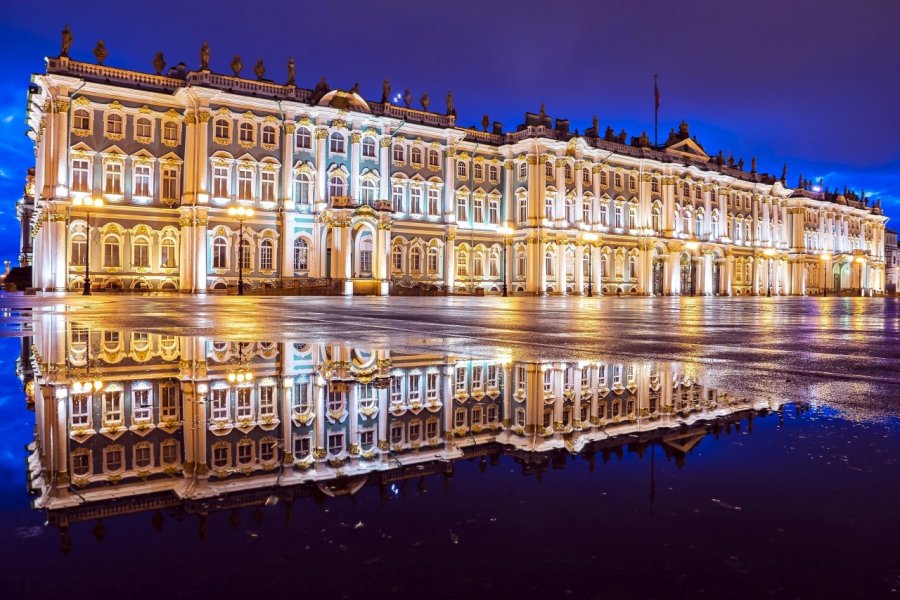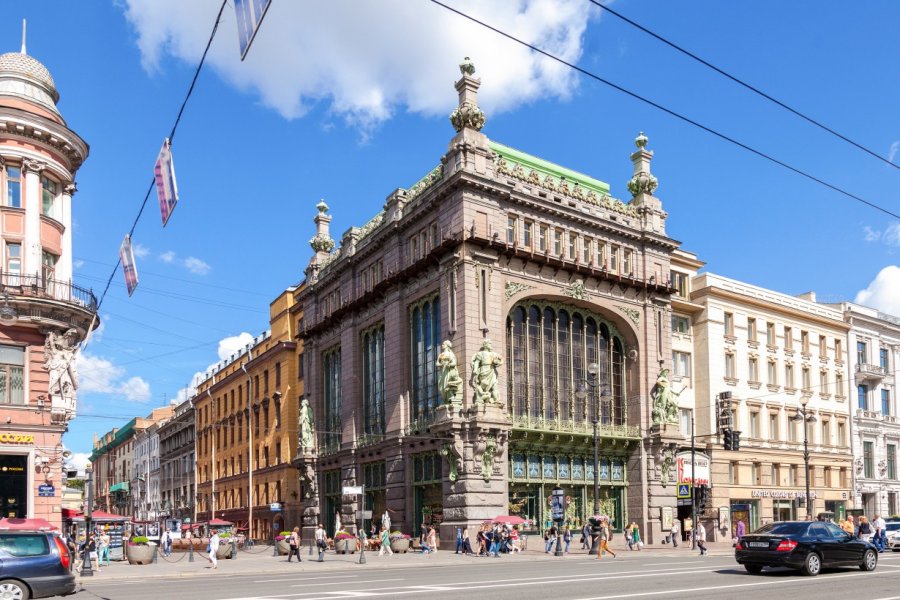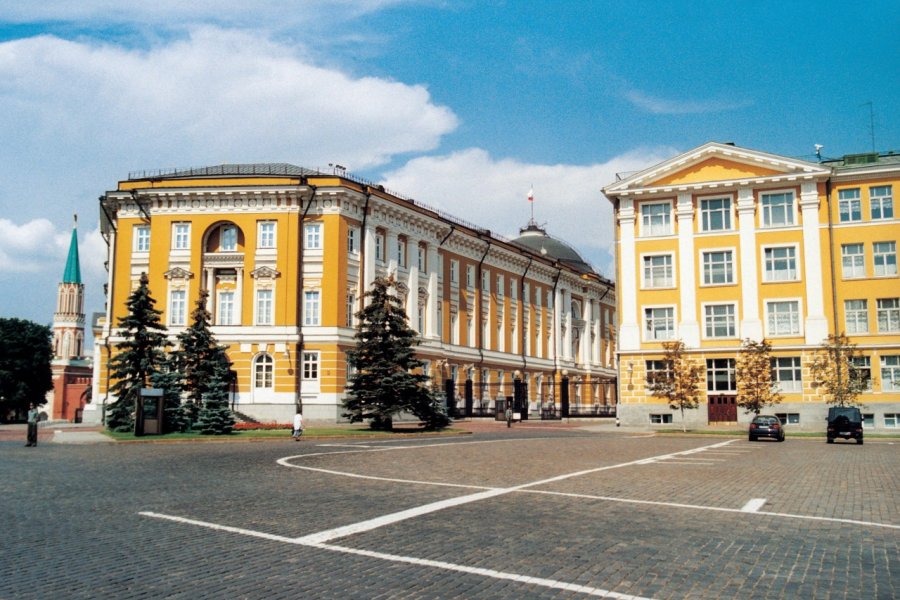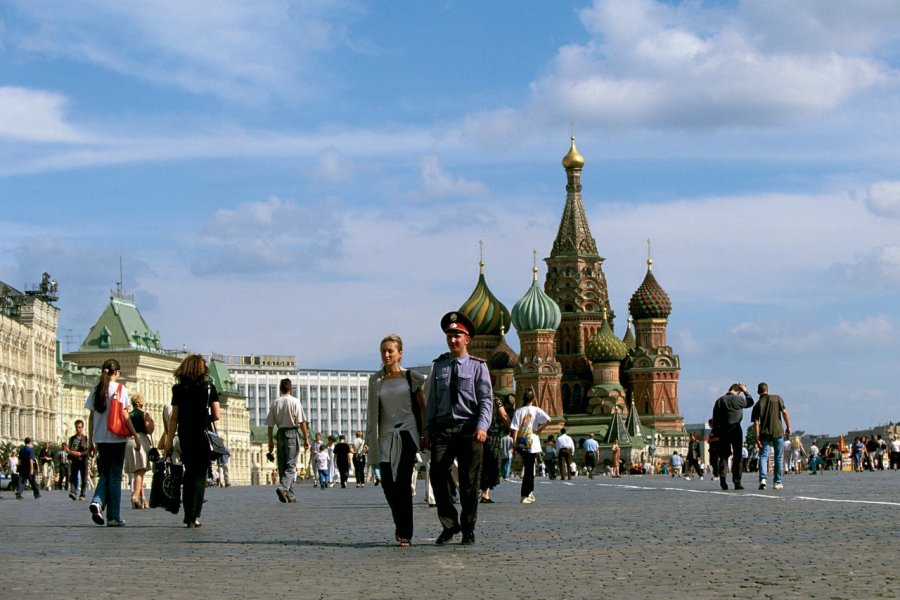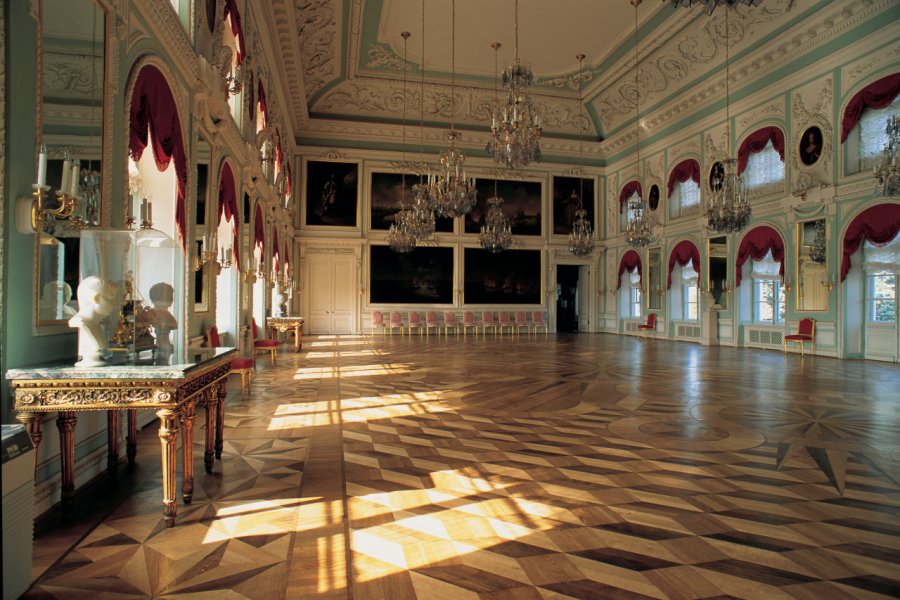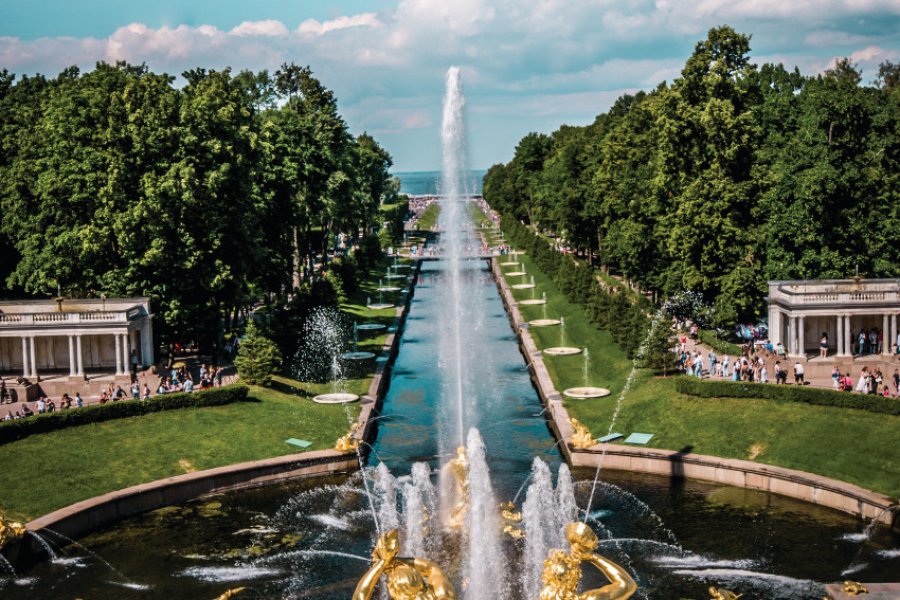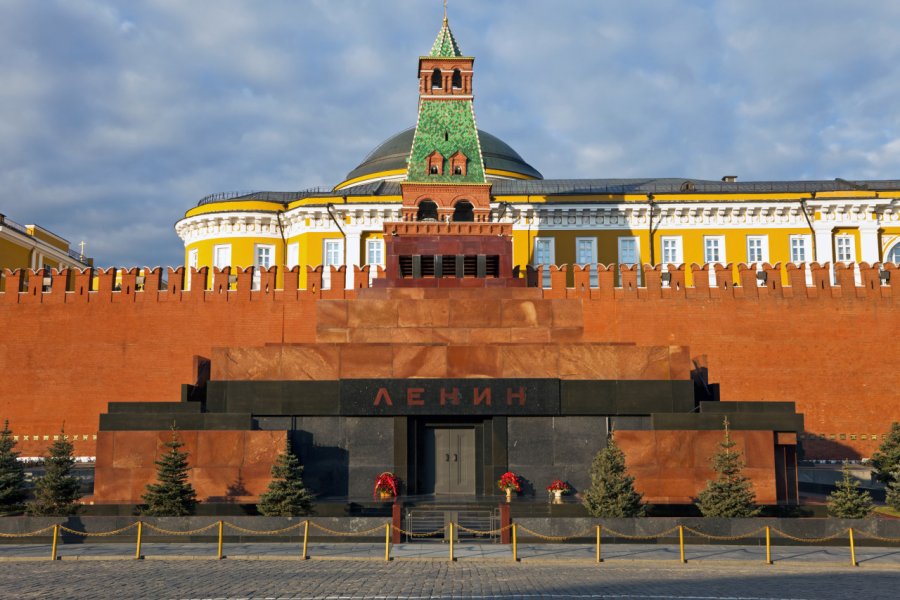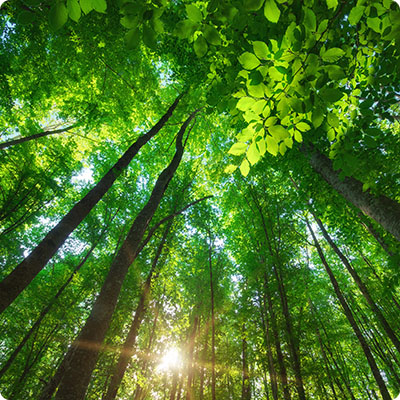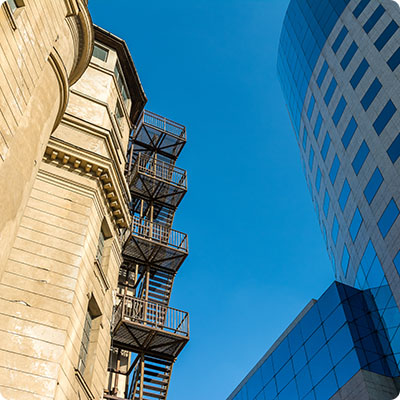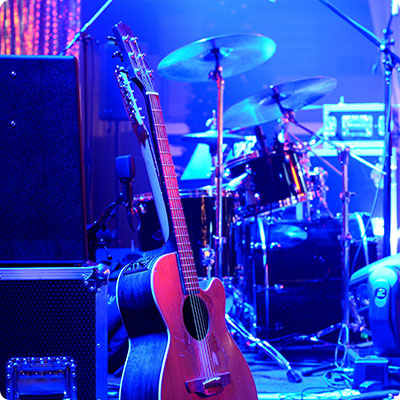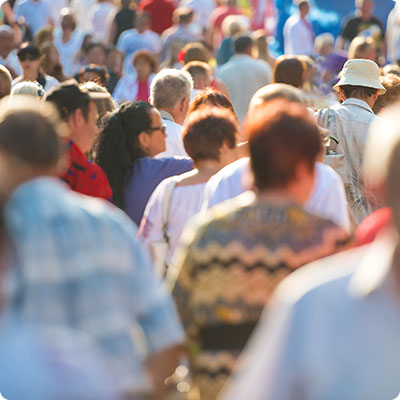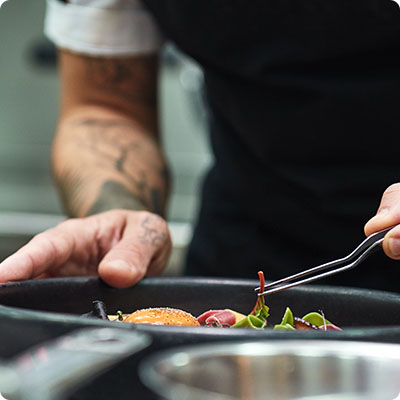What to see, what to do Russia?
The 10 good reasons to go Russia

The long days of summer
For Russia is not all snow! In the summer, the country is transformed and it is la dolce vita..

An architectural melting pot
Seizing its riches: from the isbas to modernism and Stalinist avenues.

The exalted military memory
Any opportunity to parade wearing a St. George ribbon is good to take.

Intoxicating winters
Nothing compares to the charm of Russian cities covered in a white coat, even under -20°C!

The unknown and imposing nature
From Lake Baikal to the foothills of the Caucasus, the Russian landscape is breathtaking.

The mysteries of orthodoxy
Church slavonics, liturgical choirs...: the atmosphere of Russian cathedrals is striking.

Crossing the continent by train
Discover the country in the most poetic way, as close as possible to the landscape.

A culture in motion
With its avant-garde heritage, the Russian cultural world is in full renewal.

Life along lakes and rivers
The riviera has its charm, but it's even better to dive in the Volga or Baikal!

The post-Soviet culinary world
This is the greatest treasure of the ex-empire. Ukrainian borscht, Uzbek plov, Georgian wines..
What to visit Russia?

Interview: My Russia
Yéléna MAC-GLANDIERES, author of the guide
PhD student in geography, Yéléna is passionate about transportation. In this guide, she will introduce you to the subtle art of locomotion "à la russe". She has been traveling tirelessly throughout Russia and the Caucasus since 2016, for her research as well as for pleasure, by train and by marchroutka. You will find her in an avtovokzal, somewhere between Murmansk and Makhatchkala!
See the video of the interviewGood to know to visit Russia
 Timetable
Timetable
Those indicated on the Internet (Google or Yandex) are generally reliable, but it is better to check the official sites of museums and points of interest, if only to find out the full timetable for a week or a month, as some days may see an establishment closed on an exceptional basis. Out of season, schedules are generally restricted: they open 1 hour later and close 1 hour earlier than in the summer, and there may be more days when they are closed.
Beware of the sanitarnyï den': it is the 'sanitary closing day' of museums and certain points of interest. It takes place once a month, always on the same day depending on the place (for some museums it is the first Wednesday of the month, for others the second Thursday, etc.). It is unlikely to happen, but it is best to check in advance!
Finally, as everywhere, you should not go to the ticket office less than an hour before closing time, otherwise you will be refused entry. In small structures (regional museums in particular), it is very common for staff to observe a lunch break during which the establishment will be closed (between 1 and 2 p.m. for example).
 To be booked
To be booked
Reservations are usually not required except in certain specific cases.
- Somewhat "original" institutions run on a voluntary basis or by private individuals, university museums, etc., are usually not required to make a reservation. In these cases, it is usually necessary to call the telephone number given in the guide and, if necessary, to have the help of a Russian-speaking person. Above all, do not be discouraged by this formality, as some of the best kept tourist secrets in Russia require this little effort!
- Some excursions out of the cities. Be careful, this is not an organized trip. But in Russia, some unmissable points of interest are sometimes located in places almost inaccessible by public transport, or restricting entry for reasons of preservation. In such cases, you should book your trip through an agency, a local tour operator or simply with a transport company a few days in advance. This is the case, for example, for routes between Irkutsk and the island of Olkhon, between Petrozavodsk and the island of Kiji, excursions to remote monasteries or to certain national parks and nature reserves.
 Budget & Tips
Budget & Tips
Admission to most Russian museums is very cheap. In the provinces it is around 150 RUB, and from 250 RUB for Moscow and St. Petersburg and the most prestigious establishments. On the other hand, there are sometimes additional fees: 100 RUB here for the right to take photos, 200 RUB there to visit a temporary exhibition.
Senior citizens and children almost automatically benefit from discounts. For students it is a little more complicated: depending on the structure, the preferential rate can sometimes be reserved only for those enrolled in a Russian university. In any case, do not forget to bring all the necessary documents (passport, student card or ISIC card).
 Main events
Main events
Although Russia is not yet highly rated for its festivals, it does make it a point of honour to host as many sports competitions as possible. While the Sochi Olympics did not really live up to international expectations, some smaller events (such as the Universiades in Kazan in 2013) or more recent ones (such as the Football World Cup in 2018) were generally successful. The future competitions that are bound to take place in Russia in the coming years are therefore good opportunities to visit the country, as special measures are being put in place to facilitate the entry (visas) and orientation of non-Russian speaking tourists, and the country is beginning to break the habit of hosting a massive flow of foreign supporters!
 Guided tours
Guided tours
You can make the same kind of guided tours in Russia as in other parts of the world. A bus tour of the city can be a good solution if you have little time to explore Moscow or St. Petersburg, or if your legs can hardly carry you around these huge cities. However, we recommend that you try walking around the Russian city, if only to get a feel for its unusual dimensions.
In the museums that offer it, it may be interesting to take a guided tour in English or French to discover certain collections whose commentary is written only in Russian (this is still very common).
Finally, in some cases, a guided tour will be necessary: for excursions to certain points of interest accessible only by this means (natural parks, reserves, private houses, etc.).
 Smokers
Smokers
It is forbidden to smoke inside public places in Russia, and very often in their "immediate" exteriors, those located within the place (what is called in Russia na territoriï "on the territory"). For example, it is forbidden to smoke inside the entire Kazan Kremlin. When this is not the case, ashtrays are placed near the entrances of the buildings to allow the many smokers not to litter the floors with cigarette butts. When visiting open areas, smoking areas are set up which must be strictly respected. In some places, smoking will be completely prohibited for reasons of preservation of the premises (nature reserves, etc.).
 Tourist traps
Tourist traps
We recommend that you book your guided tours with sworn or locally recognised organisations (agencies, museums, tourist offices, hotels) and that you do not offer the services of guides on the sly, otherwise you will pay too high a price for a very variable quality of visit.
For places where access is restricted, it is absolutely necessary to go through official organizations (parks and forests office for example) or through agencies and/or tourist offices that will take the necessary steps with them.
